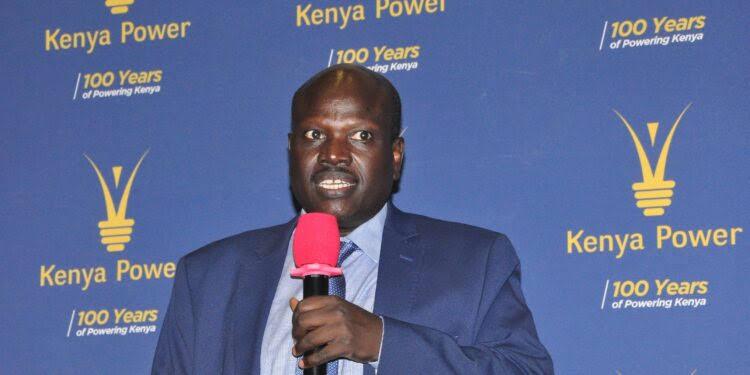Nairobians are set to pay more for water after the state made good its plans to charge the city government for the water it sells to its residents.
The government has introduced a Bill in parliament that makes it mandatory for Nairobi and other counties that do not produce their own water to buy the commodity.
The Water (Amendment) Bill 2023, sponsored by National Assembly majority leader Kimani Ichung’wa, has been introduced in the House for the first reading.
According to the bill, Nairobi will buy water in bulk from the Athi Waterworks Development Agency.
“The bill proposes the amendment of section 100 of the act to provide for supply of bulk water in counties by waterworks development agencies established under the act,” it states.
Two weeks ago, Water CS Alice Wahome revealed the government’s plans to charge Nairobi for the resource to protect catchment areas and improve infrastructure.
“We are just working on the law and once that is done, we will also be signing water purchase agreements in bulk. That would be the game changer,” she said.
“That is the money we will start using to develop other resources, ensure reticulation is also happening.
“There are many times we have provided water. It reaches a county but the county doesn’t have enough funding to reticulate or distribute.”
Currently, Nairobi county does not pay host counties or the national government for the resource it sells to its residents through the Nairobi City Water and Sewerage Company.
The city county receives its water from Ndakaini, Sasumua, Konoike and Thika Dam, which are all located outside the city.
Ndakaini is in Murangá’a county, Thika Dam in Kiambu while Konoike and Sasamua dams are in Nyandarua.
“Notwithstanding any provision in this act, all bulk water supply services which are primarily intended to supply to water in bulk to a water services provider in a county or counties other than the county in which the bulk water abstraction works are located shall be undertaken by waterworks development agencies,” the bill states.
The proposed law provides that the Water Regulatory Board shall evaluate and approve water and sewerage tariffs and bulk water tariffs and approve their imposition.
This will be in done in line with customer protection standards for use of water for domestic, commercial and irrigation purposes.
“A person shall not supply water in bulk to a water services provider without a licence by the regulatory board,” the bill states.
“The Cabinet Secretary may make regulations prescribing the manner in which an application for a licence for bulk water supply shall be made,” the bill says.
The CS had stated that the plan to charge Nairobi and other counties that do not produce their own water will make them and their service providers more responsible, minimise water loss, theft and avoidable leakages.
“The counties must now start getting this heat and challenge that the provision and supply of water is the mandate of the county government,” Wahome added.
The bill also provides public-private partnerships in the development of water resources across the country.
“A contracting authority may enter into a public-private partnership or pubic partnerships for the exercise and performance by another as a licensee, of some or all of its functions with respect to a part or the whole of its area of water service provision,” it says.











